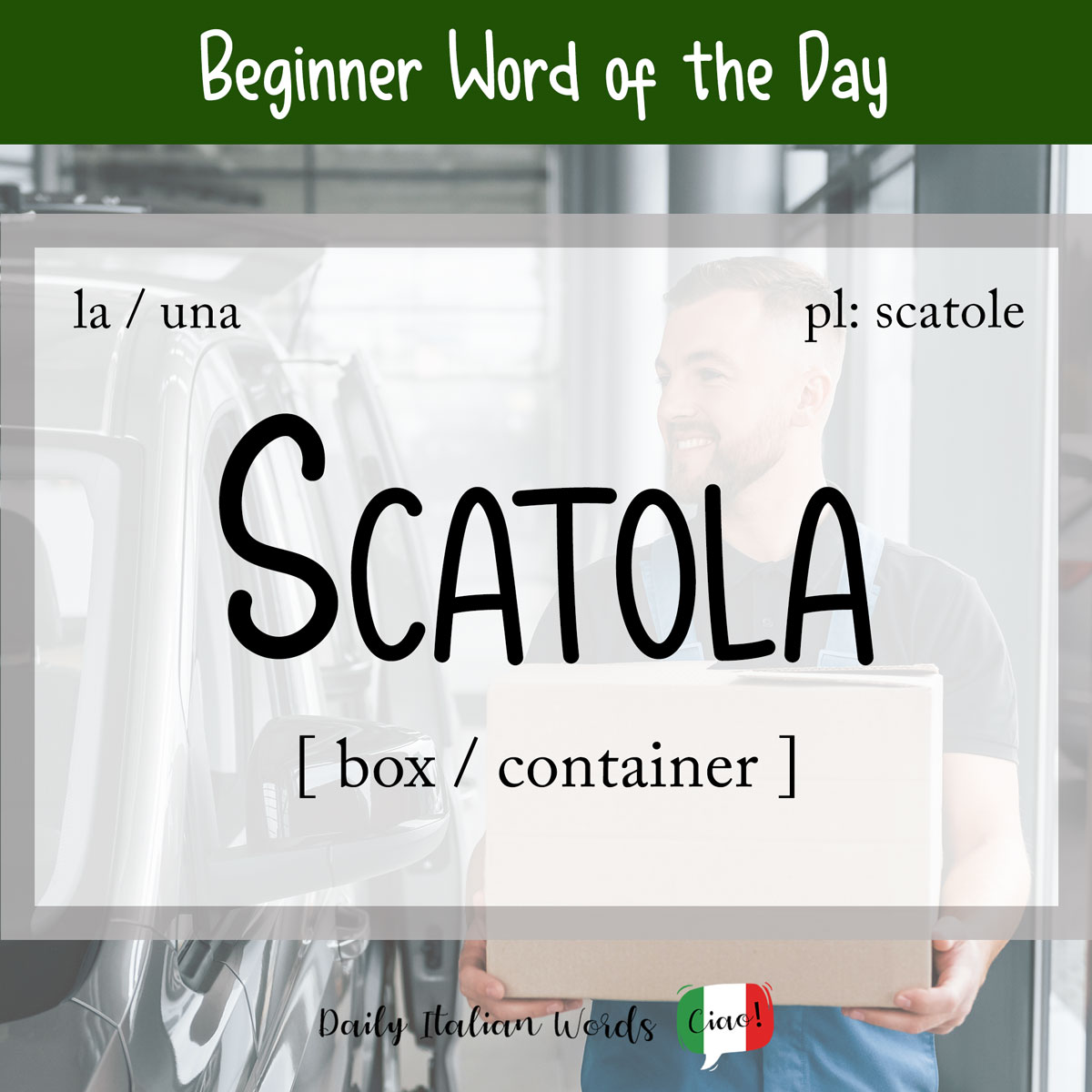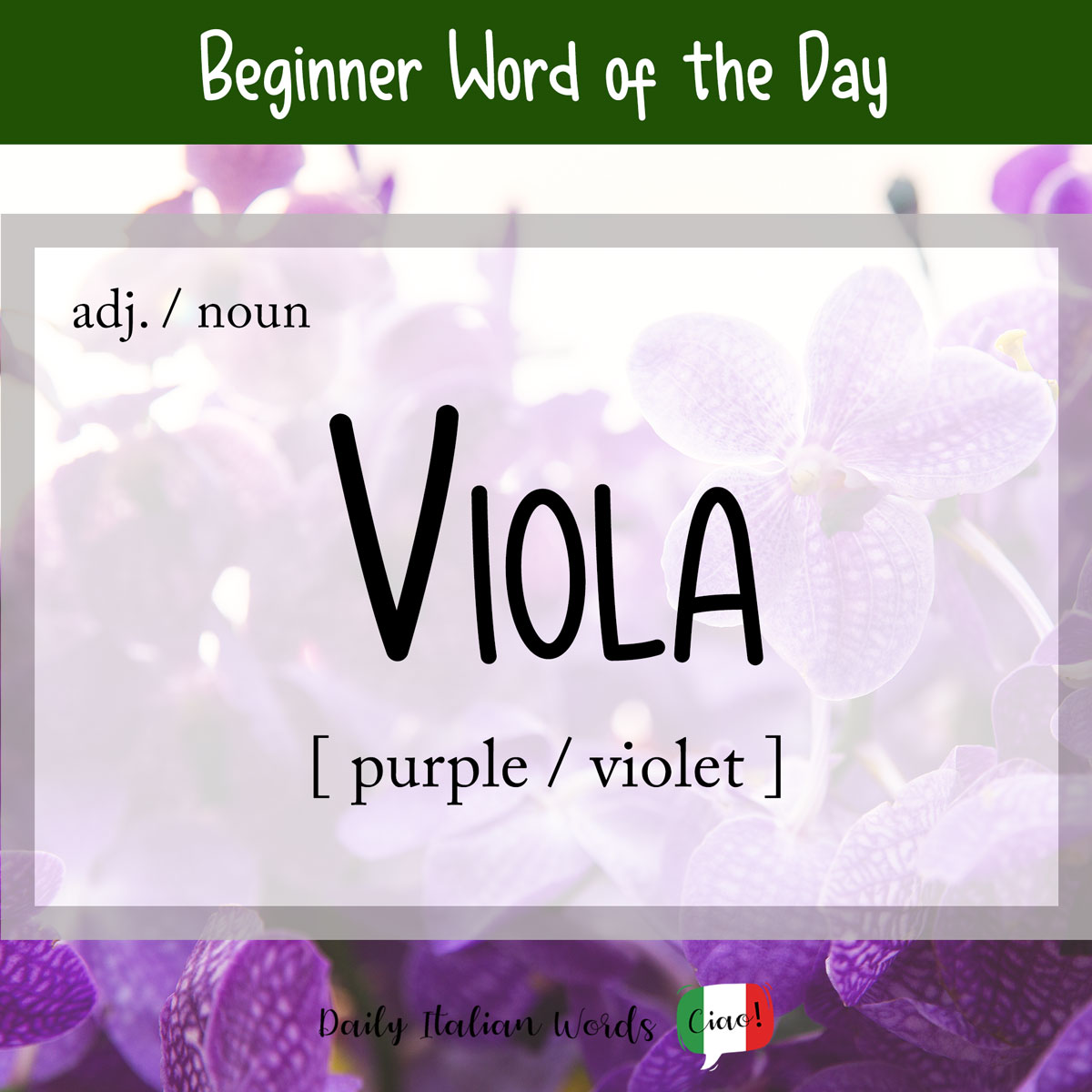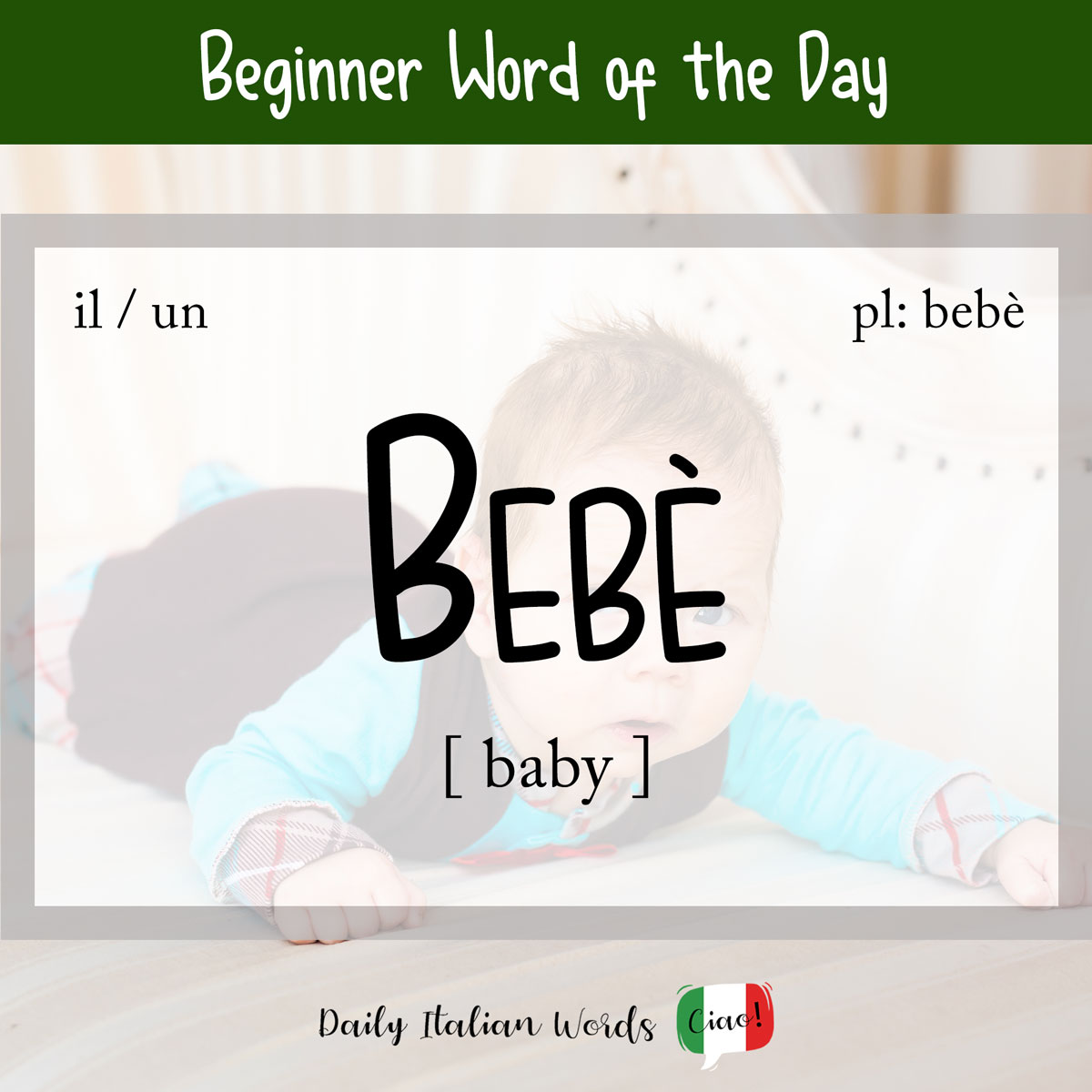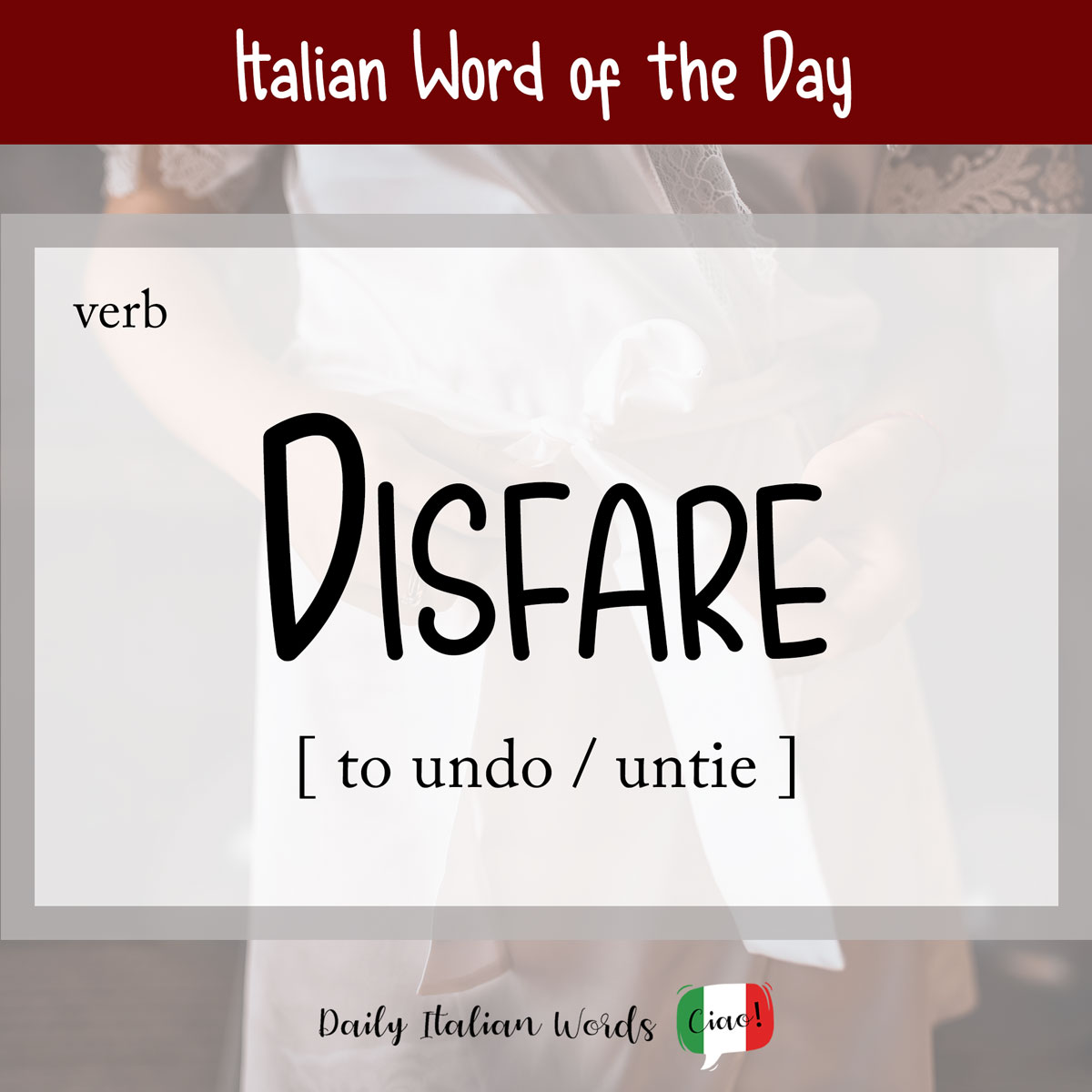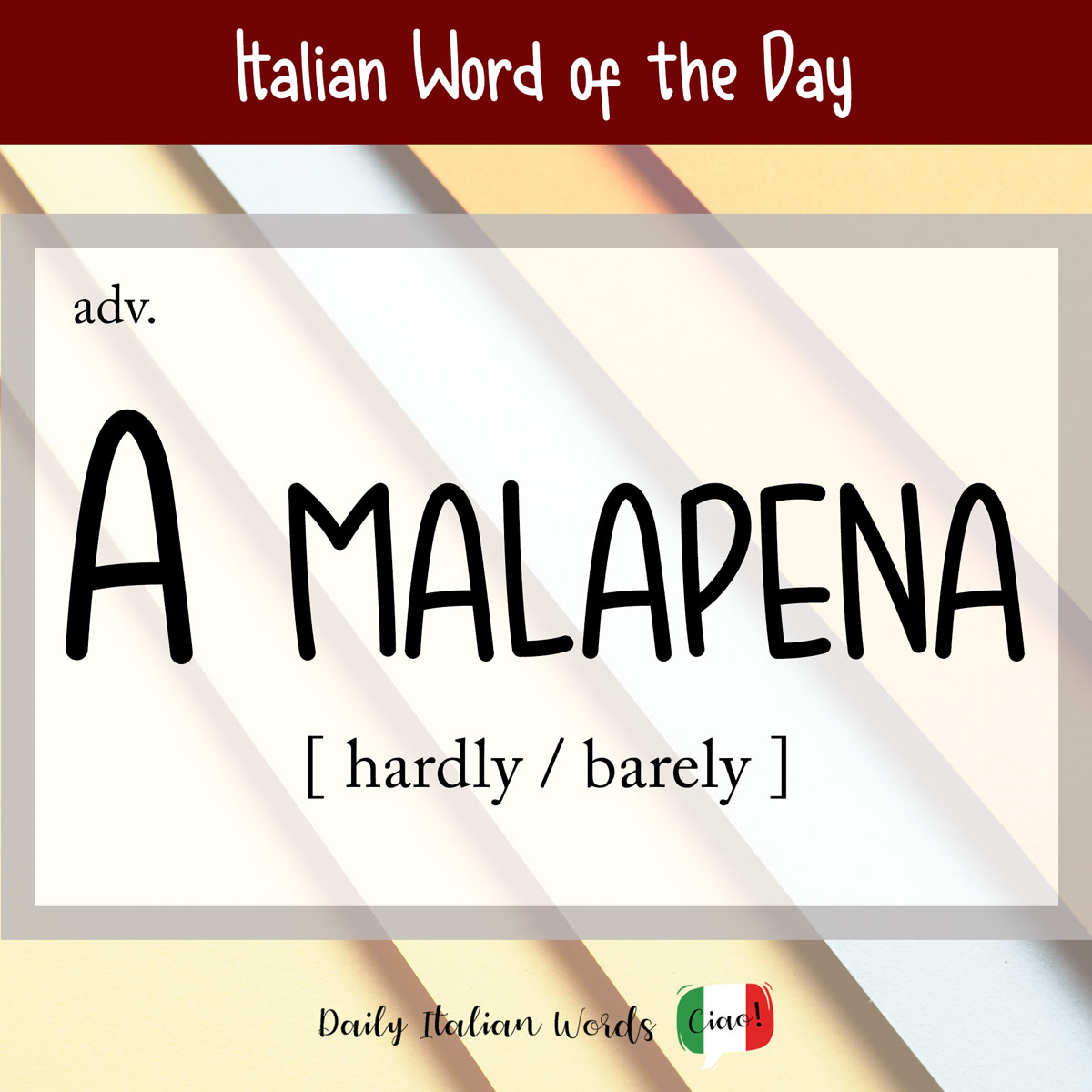Italian Word of the Day: Scatola (box / container)
The generic word for any box or container equipped with a lid, used for storing or transporting goods, is scatola (feminine, plural: scatole) in Italian. Learn with our video and podcast The video is also available on our YouTube channel. The podcast episode can be found on Podbean, Apple Podcast and Spotify. Keep scrolling for …

